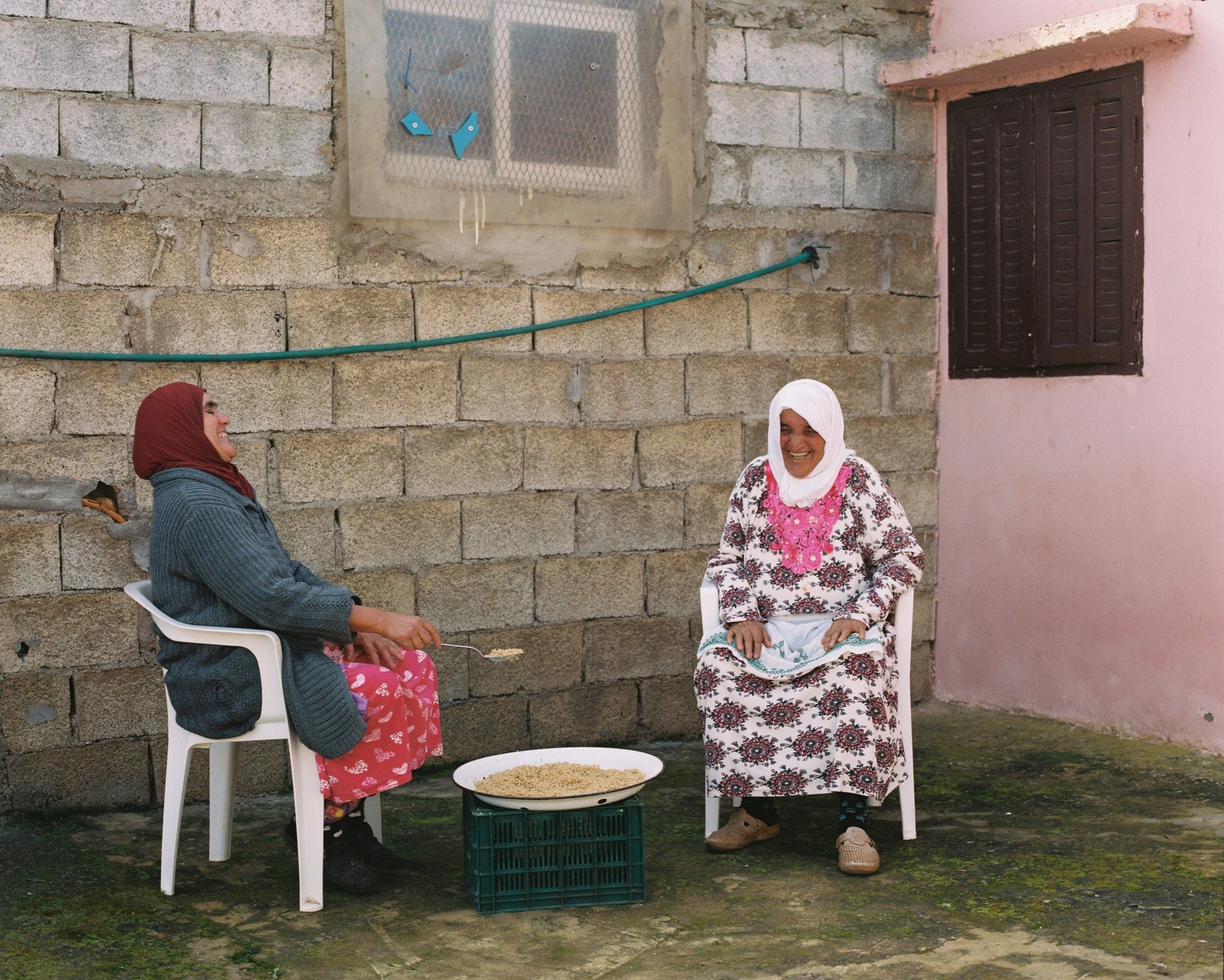Please click on the image below to see more details and size options.
For payments in Moroccan Dirham, please send an email to k.bensalah@fys.ma
Sincerely, Tendrara
Photographer: Yzza Slaoui.
Year: 2021.
Availability: 12x copies per image in the Limited Series.
Price per photograph: £332 for 2nd edition limited series and £100 for unlimited, plus shipping.
Dimensions: Limited Series: 16x20” inches | Unlimited Series: 8x10” inches.
Across Morocco, nomadic communities are slowly disappearing; forced by desertification, drought and unfavourable policies, the remaining nomads are slowly giving up their pastoral traditions and lifestyle. According to the last census, the Moroccan nomad population (known as Rouhal) shrunk by 63% to about 25,000 people in just a decade. The sedentism of these communities has multidimensional consequences: from national and international forced environmental migration, to the loss of cultural heritage. It also exposes the particular vulnerability of women and children, whose socio-economic and educational characteristics are below national averages. The 2021 World Bank Groundswell report estimates that in North Africa alone, internal climate migrants could increase to 19.3 million by 2050, representing 9% of the region’s projected population. Most commonly it is young men that emigrate to northern cities, forming part of the global migration crisis, with the left behind community commonly consisting of the elderly, women, and children.
Tendrara is an arid region in the easternmost part of Morocco and home to the last remaining Beni Guil nomads in the province. Various documents trace the origin of the Beni Guil in this region all the way back to the 10th century, living primarily as shepherds in a pattern of seasonal migration according to predictable weather conditions. As a result of the steady desertification process in the area, the natural water and grazing resources are shrinking and livestock corridors are disappearing. The nomadic herders are forced to sell their sheep and goods and move closer to the town. Their ancient nomadic economies of agriculture and pastoring are disappearing, which coupled with a high rate of illiteracy, results in few options for employment and a loss of economic autonomy. With them disappears a century-old, rich culture built around poetry and story-telling as the Beni Guil are unable to reconnect with their identity and their heritage is dying, slowly and quietly behind closed doors. Members of the Beni Guil describe the situation as a “slow dying death”. Click on the image below for purchase options.
Any Questions?
Fill out the form or send us an email at: info@sincerely-foundation.org





